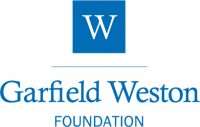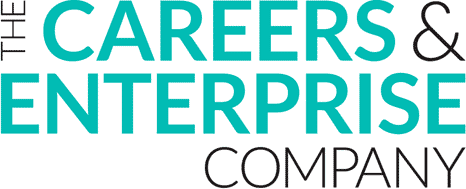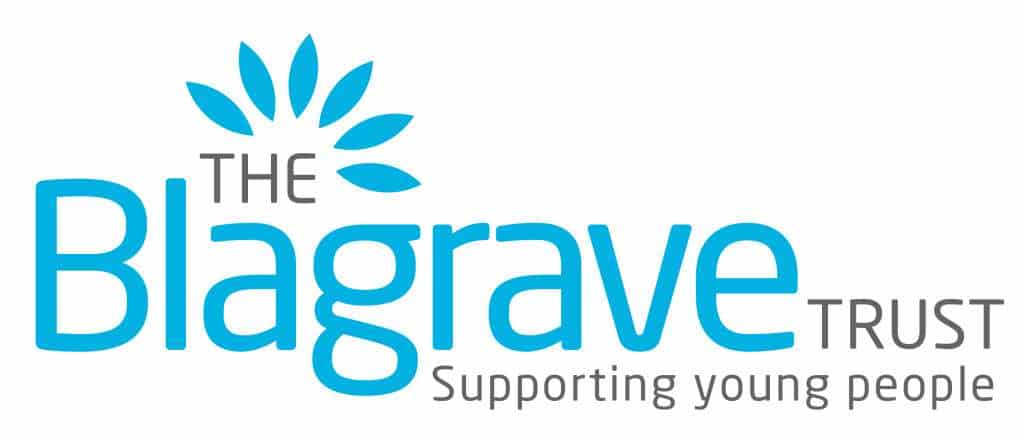According to a new study released this week, eight out of ten teachers believe their students are less ready for work than they were prior to the pandemic.
 The report (undertaken by education charity, Teach First), also stated that more than half of the teachers in schools serving poorer communities, said they felt the pandemic has had a negative impact on their pupils’ views of their career prospects.
The report (undertaken by education charity, Teach First), also stated that more than half of the teachers in schools serving poorer communities, said they felt the pandemic has had a negative impact on their pupils’ views of their career prospects.
The report revealed that the widening disadvantage gap will mean poorer children will be even less prepared for working life. As a result, Teach First called for the government to provide extra support including £8.5m to fund careers programmes to address the issue, stating that “an investment in careers education is an investment in our country’s future.”
Lorraine Langham, Future First’s CEO said: “We agree that more needs to be done and stand ready to help.
“We have a strong track record of supporting schools with careers education, having worked in more than 1,200 schools since we were established, and in all of the government’s opportunity areas. Our work to build thriving alumni networks connects students with past pupils – people from similar backgrounds – who are able to broaden their horizons and talk about career possibilities.
“Right now, we need to address the worrying aspect that pupils have negative views about their career prospects. We can do this readily, by providing encounters with relatable role models and near-peers, who represent thousands of job roles and pathways, and can share their stories, offer encouragement and give practical guidance.
“We currently have over a quarter of a million members in our alumni community who have helped to guide and support almost half a million students. Pupils can meet their alumni in facilitated classroom workshops, careers events, through mentoring and virtually online, asking questions and searching information about people with careers of interest.
“Half of the most persistently disadvantaged students don’t know anyone in a job they want to do: our work helps to change that by showing students a variety of pathways, challenging perceptions and giving them the tools and information they need to make informed choices.
“Reports like this demonstrate that our work in trying to develop a level playing field, where every child has a fair start, is more important than ever. During these times, if our young people gain negative perceptions of their own prospects, we must show them positivity and make them aware of their true potential, and we can do this through meaningful interactions with thriving alumni networks.”

 The report (undertaken by education charity,
The report (undertaken by education charity, 











































